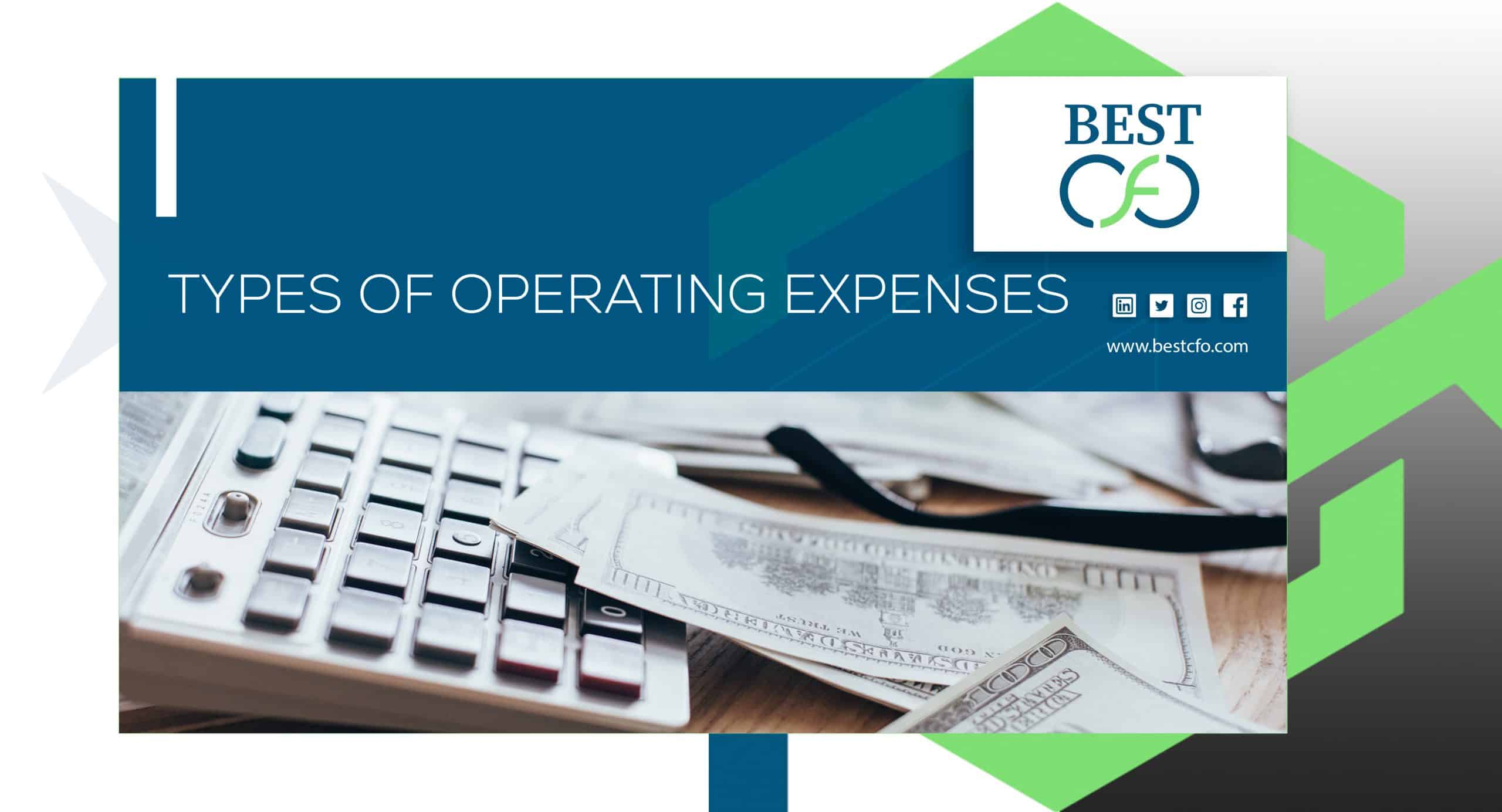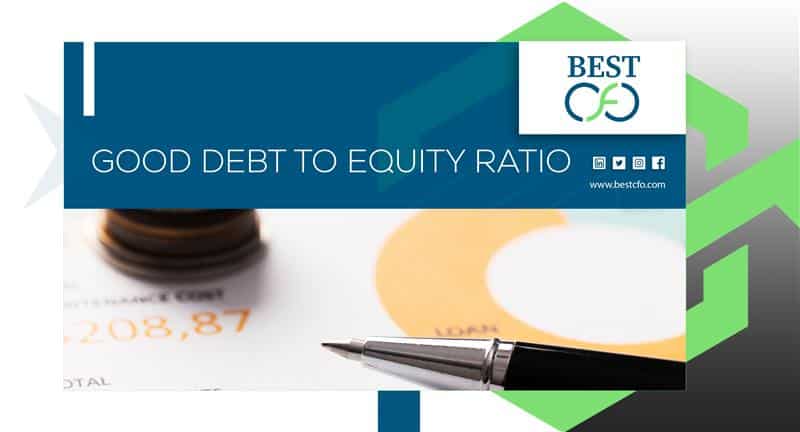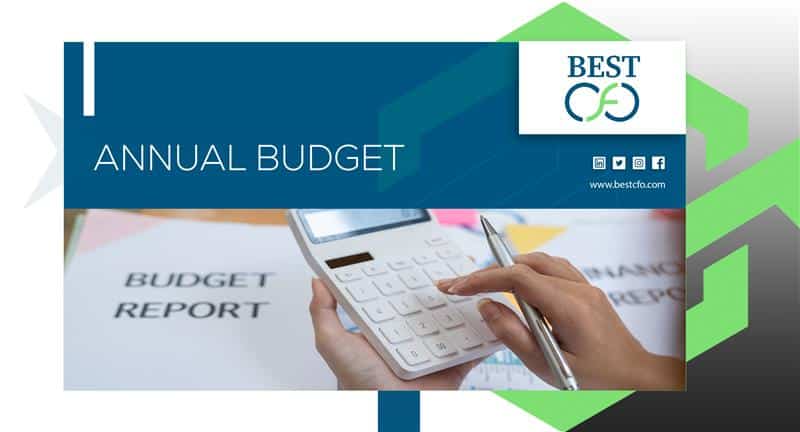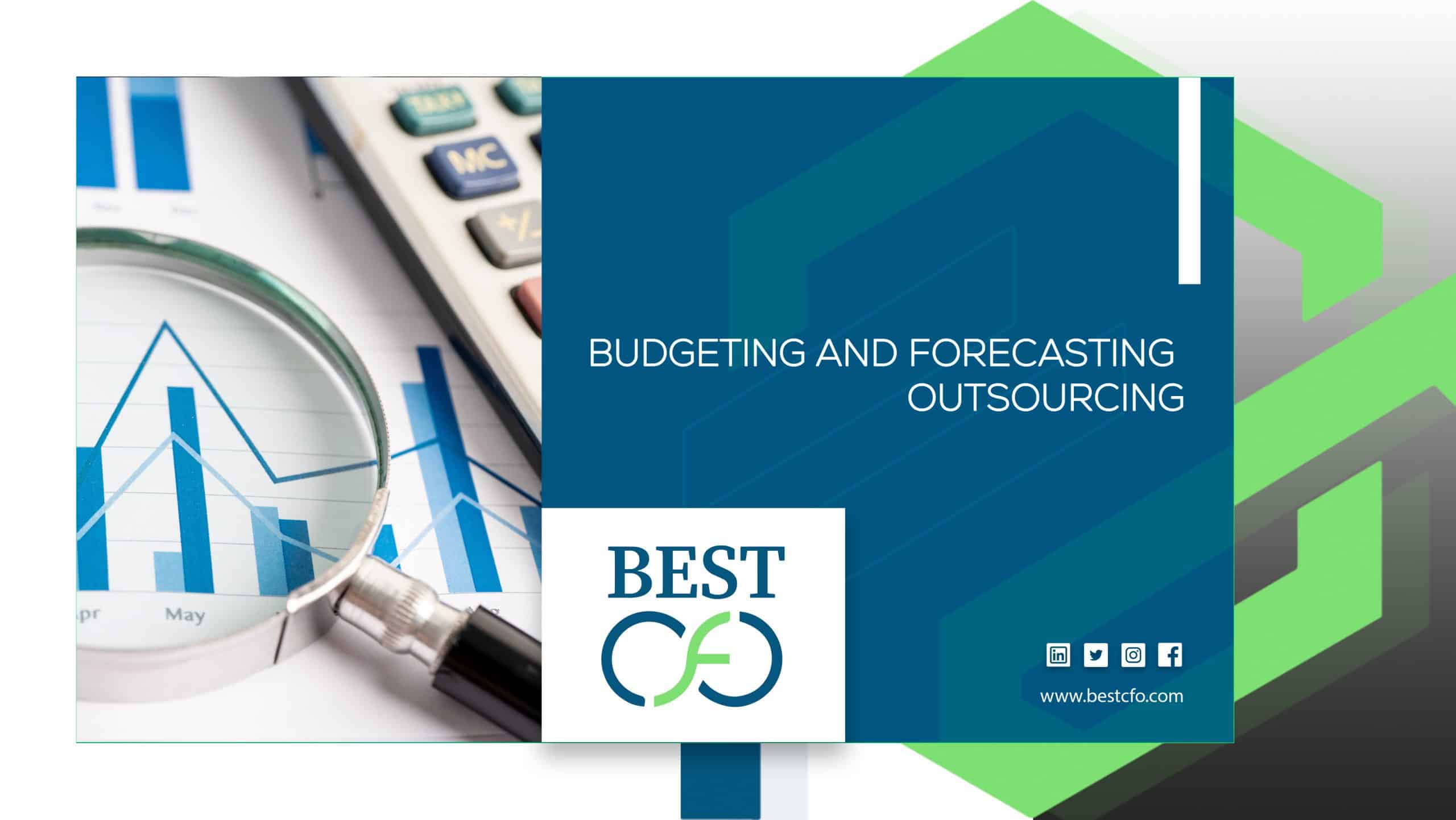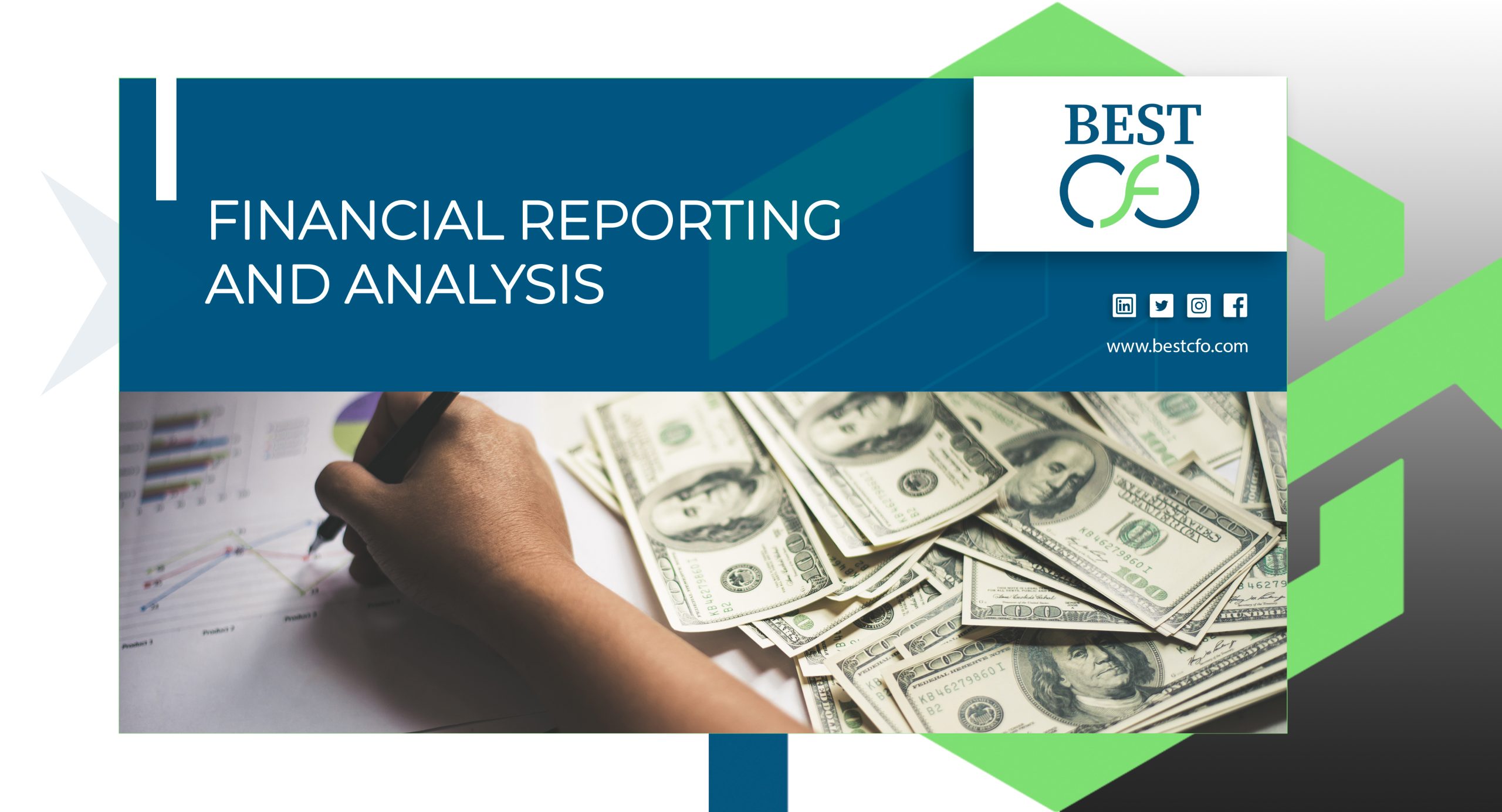
| Getting your Trinity Audio player ready... |
Financial Reporting and Analysis 101: The Ultimate Guide
Knowing how to manage money, monitor spending, and make wise decisions is more crucial than ever in the fast-moving corporate environment of today. Financial Reporting and Analysis fits in there. It enables companies to know how they are performing, where they might develop, and how to prevent financial problems.
This tutorial will cover what Financial Reporting and Analysis is, why it matters, who uses it, and how it helps shape informed decisions in finance, investment, and corporate strategy. This blog will provide you the fundamentals to know how businesses monitor and utilize their financial data to remain ahead whether you are a small business owner, an economics student, or a developing financial analyst.
What is Financial Reporting and Analysis?
The act of gathering, examining, and interpreting a company’s financial statements to determine how well it is performing is called financial reporting and analysis. Included in these reports are important details on the cash flow, assets, equity (finance), income, and expenses of the business.
This process’s major objective is to provide corporate leaders, investors, and other key individuals a clear image of how money flows in the organization. It also promotes more openness in how a business operates, better financial management, and improved decision-making.
Types of Financial Reporting and Analysis
There are four major types of financial statements used in reporting and analysis. Each one offers unique insights into different parts of a company’s financial health.
Income Statement
The income statement shows how much revenue a company earned over a specific time and what expenses it had. It ends with a company’s net income (or loss), giving insight into profit (economics). This helps understand how well the business is performing.
Cash Flow Statement
This report tracks how cash comes in and goes out. It shows if a company can pay its bills, grow its capital (economics), and invest in future plans. It’s especially useful for studying market liquidity and the strength of daily operations.
Statement of Changes in Equity
Also called the change of equity statement, it shows how much the owner’s equity has grown or shrunk over a time period. It includes profits, dividends, and any added capital, helping understand how much of the business the shareholders own.
Balance Sheet
The balance sheet gives a snapshot of what a company owns (assets) and owes (liabilities) at a certain time. It is essential for judging financial stability, valuation (finance), and leverage (finance).
Who Utilizes Financial Reporting and Analysis?
A wide range of people and groups use financial reporting and analysis to make smart choices:
- Investors: to check the company’s worth and future potential.
- Financial analysts: to do financial ratio studies and forecast trends.
- Management: to plan, set goals, and improve performance indicators.
- Lenders and banks: to evaluate debt handling and loan approvals.
- Government agencies: to ensure regulatory compliance and proper tax reporting.
- Nonprofit organizations: to maintain accountability and meet donation goals.
Key Benefits of Financial Reporting and Analysis
Here are some advantages of financial reporting and analysis you need to know:
Important Decision-Making
By using accurate data, businesses can make better strategic planning choices that affect future profit, cost, and growth.
Building Business Strategy
Reports support business process improvements and help gain a competitive advantage in the market.
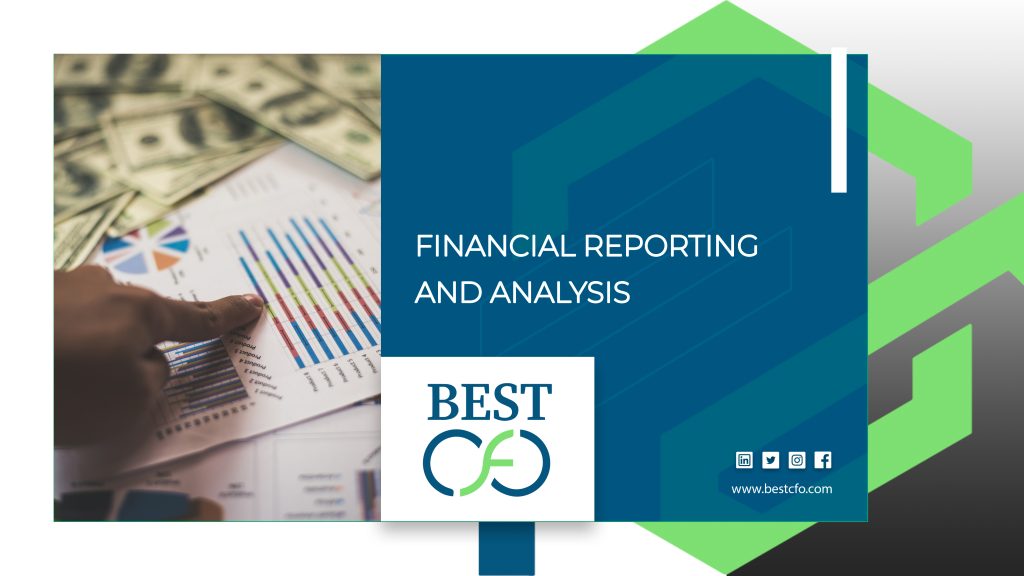
Managing Financial Management
Knowing how money moves inside a company allows leaders to control spending, increase budget efficiency, and boost productivity.
Business Transparency
Well-prepared reports build trust, protect a company’s reputation, and improve corporate governance by making everything clear and open.
Risk Reduction
With proper financial analysis, companies can spot financial risk early and reduce chances of bad debt, cash shortages, or costly errors.
What Can a Business Plan by Financial Report and Analysis?
By using Financial Reporting and Analysis, a company can prepare for the future wisely:
- Future Investment: By analyzing current and past numbers, businesses can attract investors and plan better investment banking strategies.
- Expected Profit: A look into revenue and expense trends allows for reliable profit forecasting and valuation (finance).
- Expanding Capital: Companies can grow by finding the right time to raise or use capital, equity securities, or debt sources.
Who is Responsible for Financial Reporting and Analysis?
Many individuals take part in creating and reviewing financial reports.
External Stakeholders
- Shareholders, investors, and regulators like the U.S. Securities and Exchange Commission review reports to understand business performance and legal compliance.
- Auditors and Certified Public Accountants ensure reports follow rules like Generally Accepted Accounting Principles (United States) or International Financial Reporting Standards.
Internal Stakeholders
- Chief Financial Officers (CFOs) and accounting teams prepare and interpret data.
- Board of directors and executives use it for governance and goal setting.
- Managers and team leads use financial data to improve their department’s operational efficiency.
How Best CFO Helps With Financial Reporting and Analysis?
Best CFO offers expert-level financial services that go beyond basic accounting. With deep experience in corporate finance, financial analysis, and financial planning, Best CFO helps your company:
- Improve financial statement analysis
- Forecast income, costs, and cash flow management
- Stay in line with financial law and reporting standards
- Boost business trust and transparency
- Gain insight through real-time computing and smart analytics
Their team supports data collection, due diligence, and advanced reporting tools—giving your company a powerful edge in today’s economy.
Final Thoughts
To sum it up, Financial Reporting and Analysis is a must-have for any company that wants to grow, stay safe, and plan ahead. It helps with smart choices, builds strong financial management, and improves business ownership.
If you’re looking to take your company’s financial accounting to the next level, consider working with Best CFO. Their tools and experts will give your team the power to make better choices, manage risks, and build long-term success.
FAQs
1: Why is Financial Reporting and Analysis important for small businesses?
It helps small businesses manage expenses, track revenue, and make smart investment choices.
2: What tools are used in Financial Reporting and Analysis?
Common tools include accounting software, analytics platforms, and templates for tracking income statements, balance sheets, and cash flow statements.
3: How often should a business perform Financial Reporting and Analysis?
Most companies do it quarterly or annually, but monthly reports are common for fast-growing startups.
4: Can Financial Reporting help reduce business risk?
Yes! It helps find problems early and supports strong risk management practices.
5: Who can benefit from hiring Best CFO?
Any company—big or small—that wants expert support in corporate finance, compliance, and smart decision-making can benefit from Best CFO’s help.
Related Posts
Master Your Budget: The Types Of Operating Expenses to Watch
How to Improve Your Bad Debt to Equity Ratio: A Complete Guide If you’ve ever…
What Is a Good Debt To Equity Ratio: How To Calculate It?
How to Improve Your Bad Debt to Equity Ratio: A Complete Guide If you’ve ever…
What Are The Most Common Reasons Firms Fail Financially?
How To Prepare Annual Budget For A Company: An Ultimate Guide When it comes to…
How To Prepare Annual Budget For A Company: An Ultimate Guide
How To Prepare Annual Budget For A Company: An Ultimate Guide When it comes to…
 Demos
Demos  Colors
Colors  Docs
Docs  Support
Support 



